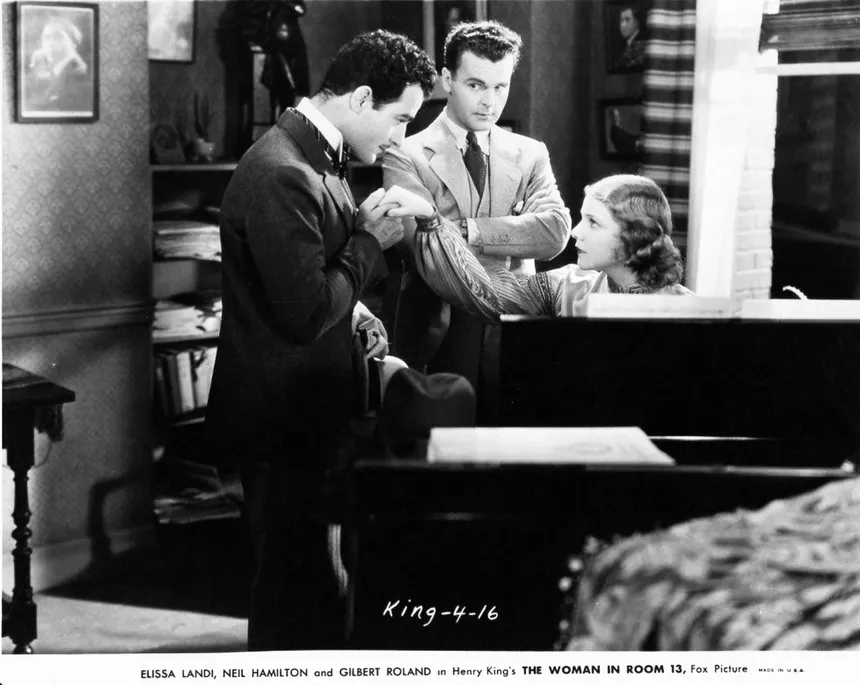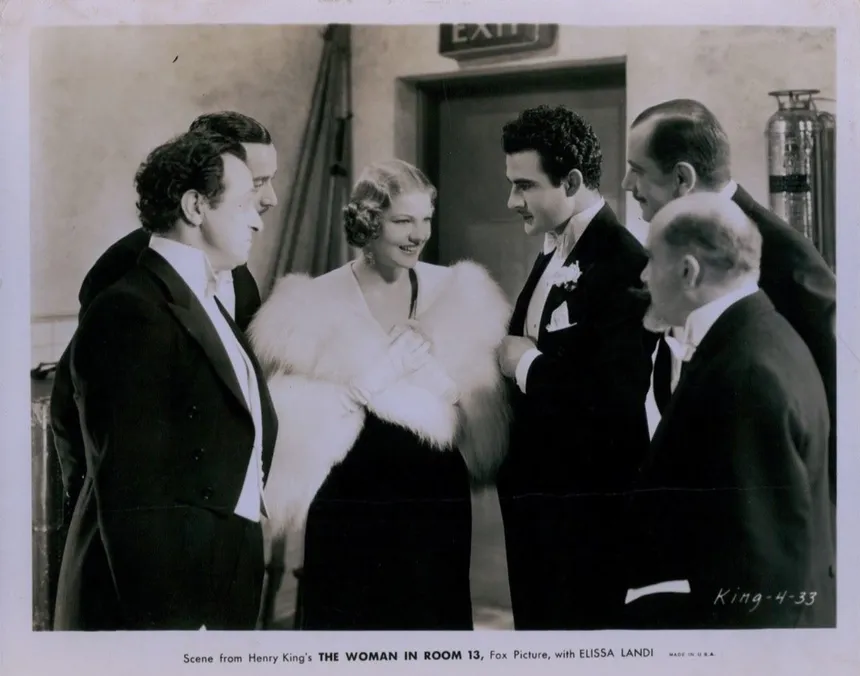Released in 1932, Thirteen Women stands as a groundbreaking milestone in horror cinema. Unburdened by censorship, this film dared to go into themes later seen in slasher films, establishing the vengeful villain archetype and an ominous horoscopes plot.
Born from a novel, the film revolves around Ursula Georgi, fueled by past trauma and a thirst for retribution. Her meticulous selection and elimination of twelve women push boundaries, offering psychological warfare alongside subtle hints of manipulation and even self-inflicted harm. This raw and authentic depiction predates the implementation of the Hays Code, defying censorship restrictions.

A Still From Thirteen Women (Photo: Thirteen Women)
Despite its historical significance, Thirteen Women has faced criticism for perpetuating outdated stereotypes. The casting of a white actress to play the half-Japanese, half-Hindu protagonist raises colorism concerns, undermining its supposed anti-racist message.
Ultimately, Thirteen Women remains a testament to the evolution of the slasher genre. This film ignited the spark for future films, establishing the tropes of vengeful villains and psychological tension. While acknowledging its flaws, its influence and place in cinematic history solidify its importance in horror cinema.
























